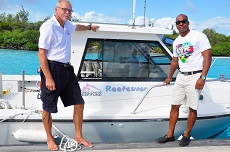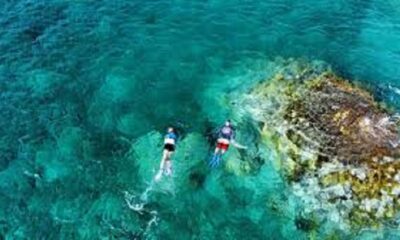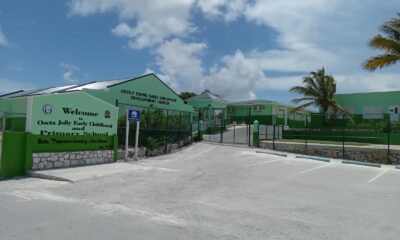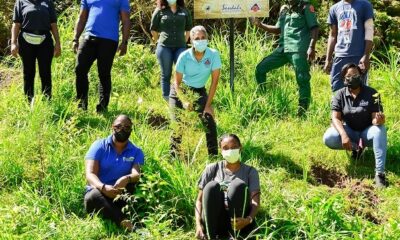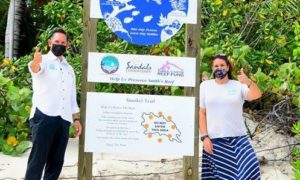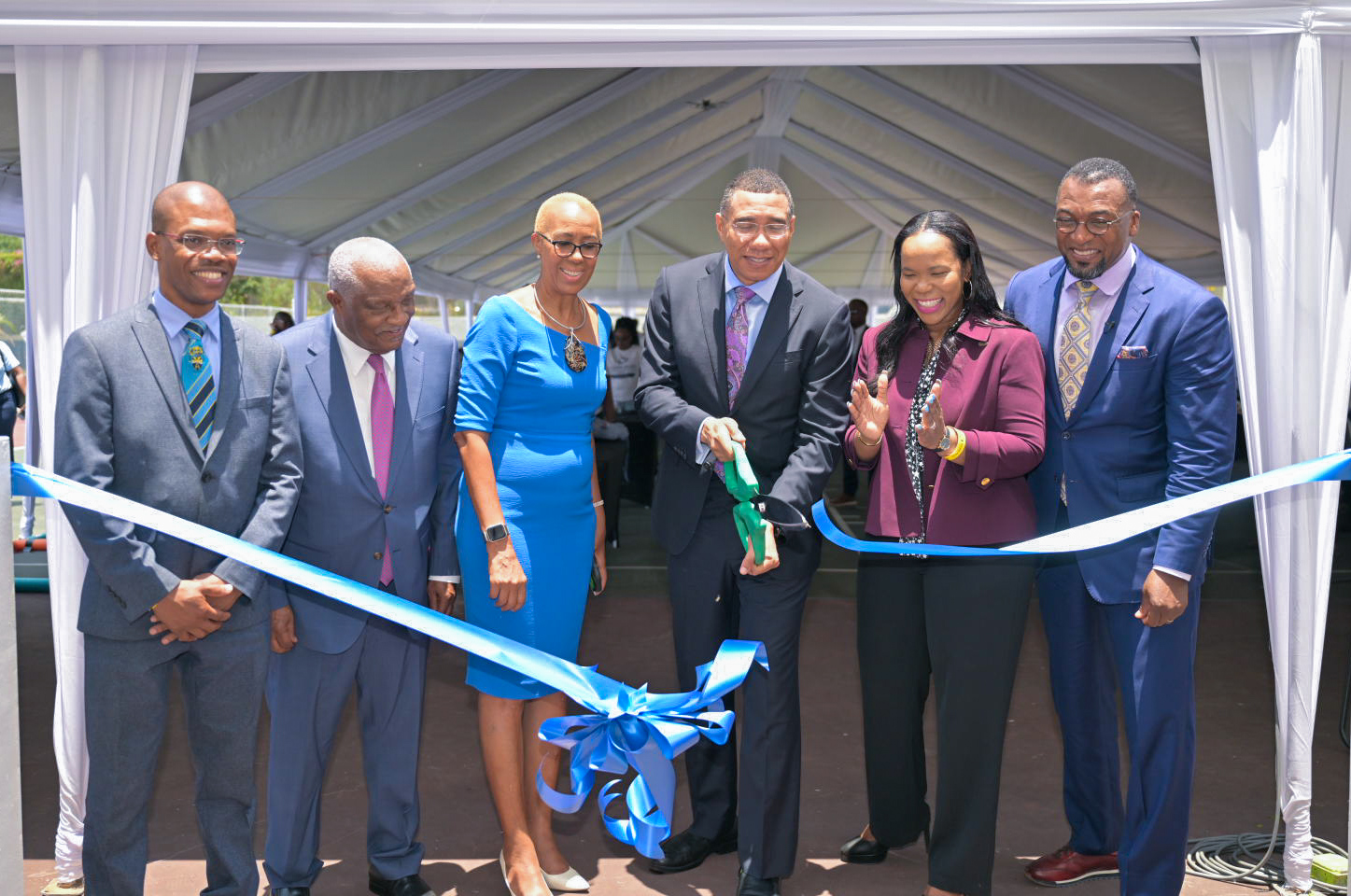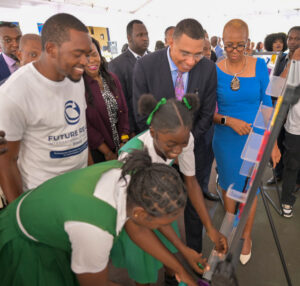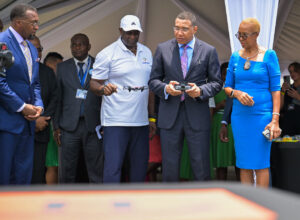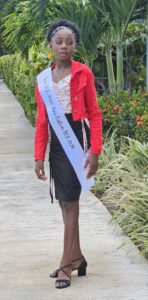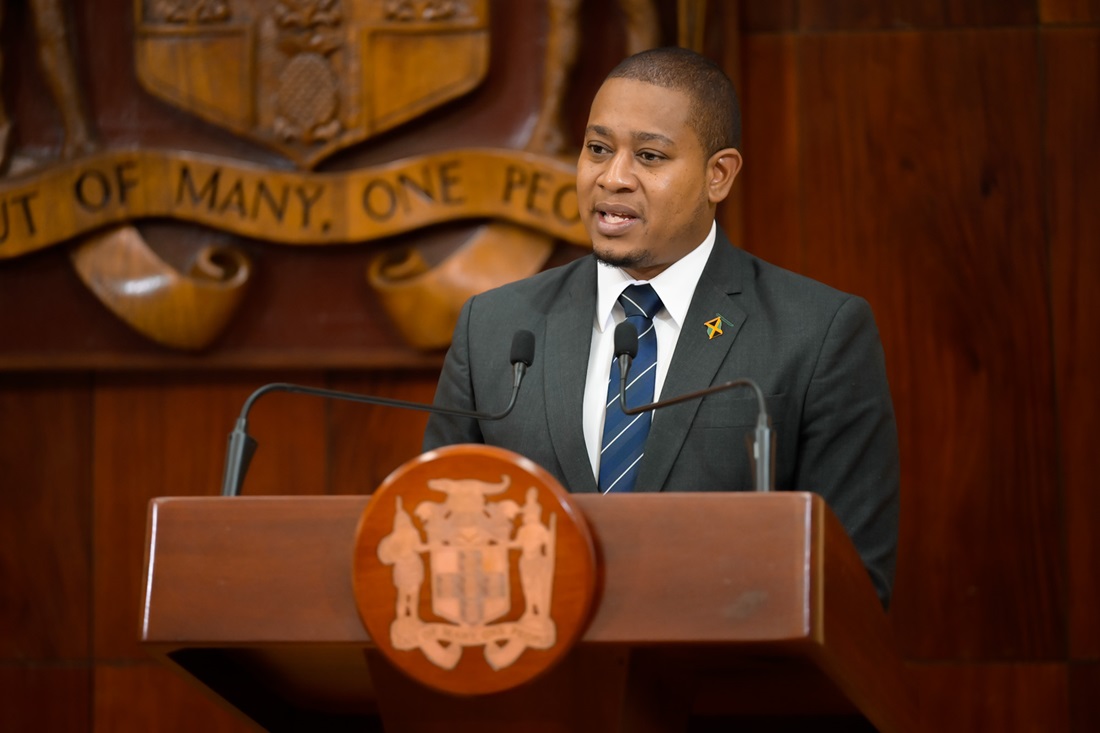Dana Malcolm
Staff Writer
“Founded on the principles of Unity, sisterhood and community service,” is how Alicia Swann, One Nation TCI Founder, and President, describes the organization as it gears up for its inaugural showing, to be marked by a pageant and parade of nations, family fun day and cultural show.
When Magnetic Media spoke to Swann she explained the inspiration behind the name.
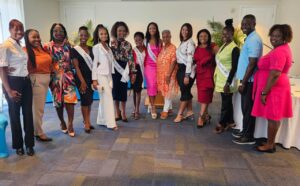 “The reason why we chose ‘One Nation’ was because we wanted to ensure that all of our beautiful ladies within the Turks and Caicos feel as if they are a part of our society. Speaking with the ladies I’ve gotten the opinion that a lot of them feel as if they are in our country but they don’t actually feel fully a part of it,” she explained. With constants whose heritages span the DR and TCI, TC-Trinidadians and more the contest is showcasing the rich and diverse culture of the country.
“The reason why we chose ‘One Nation’ was because we wanted to ensure that all of our beautiful ladies within the Turks and Caicos feel as if they are a part of our society. Speaking with the ladies I’ve gotten the opinion that a lot of them feel as if they are in our country but they don’t actually feel fully a part of it,” she explained. With constants whose heritages span the DR and TCI, TC-Trinidadians and more the contest is showcasing the rich and diverse culture of the country.
At least two contestants flew in from the UK and the US to participate in the pageant and the event is not just an array of pretty girls.
“We’ve taken the aspects of pageantry to another level, the young ladies have a platform based on our pillars of the organization which include education and mental health,” Swann continued “We wanted to ensure that they understand the value and importance of having a role and voice in society.” 
The contestants were all allowed to choose an area to speak on and advocate for, and the President told Magnetic Media that so far the young women are taking the challenge seriously. There are 10 contestants overall, five in the ‘Miss’ category and five in the ‘Teen’ category.
The pageant is already receiving regional recognition as the eventual winner has been invited to take part in a regional pageant in St Kitts in August, a feat which Swann says she is extremely proud of.
In addition to that event a cultural showing, family fun day and parade of nations will be held.
“We will be honoring people from across the Turks and Caicos, out of every island, for their lifetime achievement in terms of giving back to their society. The persons being honoured are unsung heroes. They have been active in their communities in various roles and we felt the need to recognize all of them.” Swann explained.
The Founder didn’t share the names of those being honoured, preferring to leave it a surprise but did drop hints about who would be highlighted during the event; a smiling clinic nurse in South Caicos, a Grand Turk Taxi driver committed to the island’s development, a dedicated principal from North Caicos, a shipping pioneer from North Caicos as well and a creative founder from Providenciales.
“Our company is huge on ensuring that the community is involved and a part of doing that is ensuring that persons in the community are honoured,” the president said.
Several sponsors have stepped up to the plate including
 No monetary support has come from TCIG but endorsements from both Rachel Taylor, Minister of Education, and Josephine Connolly, Minister of Tourism, have been shared and the girls are currently undergoing intense training with a pageant coach in preparation for their big night.
No monetary support has come from TCIG but endorsements from both Rachel Taylor, Minister of Education, and Josephine Connolly, Minister of Tourism, have been shared and the girls are currently undergoing intense training with a pageant coach in preparation for their big night.
Swann is hoping that once the community has a chance to see what One Nation TCI is doing they’ll understand the importance of the events,
“We are a diverse culture and society and– we want people to understand the importance of diversity, supporting our young ladies and empowering them so they can see they have a role in the Turks and Caicos– The more we offer our young ladies [the more] we are able to retain that talent. Once they feel empowered the sky’s the limit.”
The Pageant and Crowning will be on the 25 and 26th of April while the parade and family fun day will be held on the 27th.
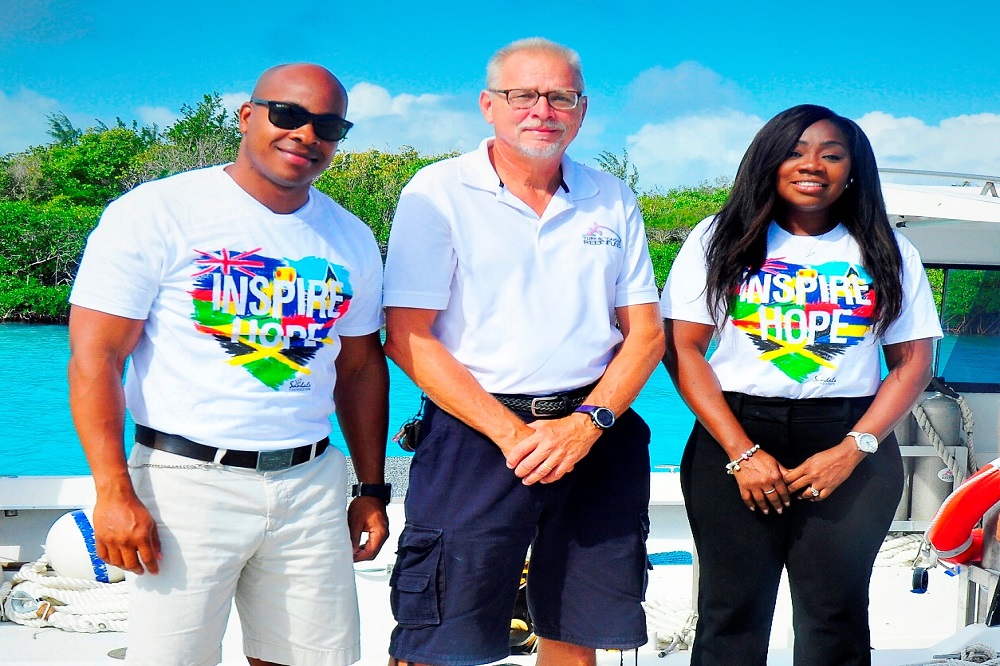

 News1 week ago
News1 week ago
 Health1 week ago
Health1 week ago
 TCI News4 days ago
TCI News4 days ago
 Caribbean News1 week ago
Caribbean News1 week ago
 Education1 week ago
Education1 week ago
 Caribbean News1 week ago
Caribbean News1 week ago
 Caribbean News1 week ago
Caribbean News1 week ago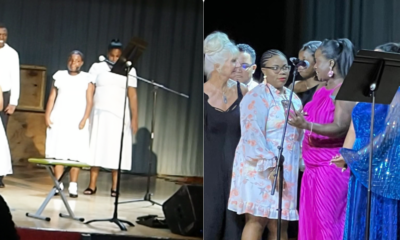
 News1 week ago
News1 week ago
